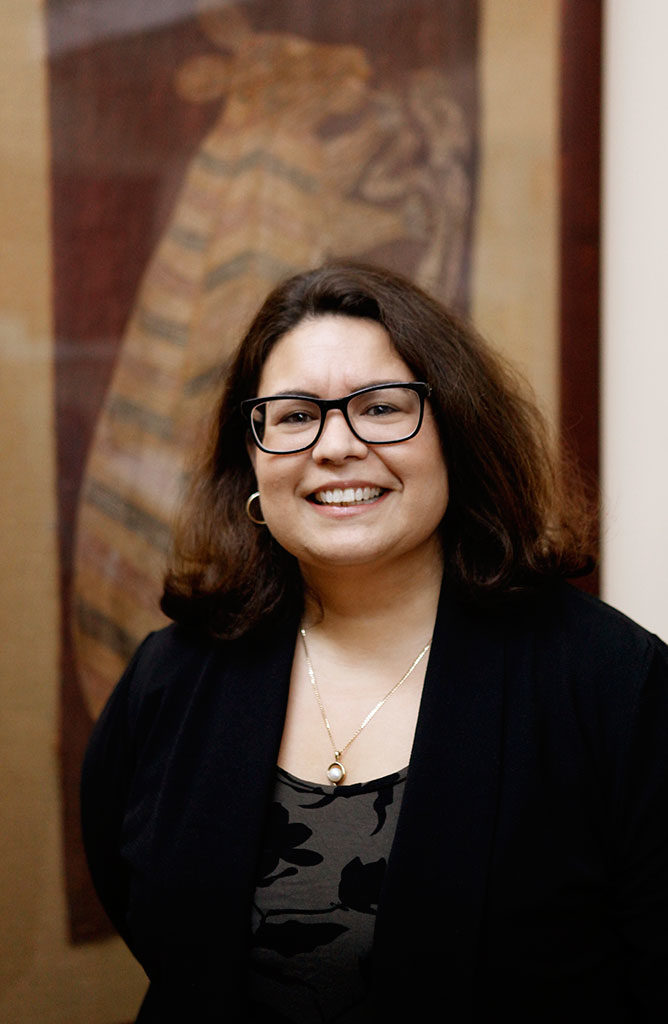My name is Kali, which means ‘boomerang’ in Pitjantjatjara. Kali is also the name of the Hindu goddess of death and destruction, but I don’t think my dad, who’s a pastor, knew that at the time. People think all doctors follow this straight path from high school to med school. But it wasn’t like that for me. When I was 16, I left school after I became pregnant. People think if you’re pregnant at 16, you are going to go on the dole and that’s it — it’s the end of your life. I moved home to my parents’ place in Mildura, and when I got there, I went to a GP to get confirmation. When the test came back positive, he told me I had brought shame to my father. Leaving that consulting room, for the first time I did feel ashamed. At 17, I married my partner — I had to go before a magistrate to do it because I was underage. I went back and did my VCE at TAFE. By the time our second child was at kinder, I was surrounded by young mums. But that GP’s words were still ringing in my ears. I thought, “I want to do something in the world that supports women’s and babies’ health. I enrolled in a foundation science course at uni. When I was there, I met four other Aboriginal medical students, and that was a powerful thing. They gave me the courage to pursue medicine. I had never been treated by an Aboriginal doctor. I had my third and fourth babies while I was studying. It made sense to become a GP, there is nothing I would rather do. I work in an Aboriginal Medical Service in Adelaide, and I see women, men and children. I see elders. I did work in mainstream practice, but the medicine wasn’t enough for me, I needed that connection to Aboriginal people.
Dr Kali Hayward
Adelaide, SA
Tessa Hoffman/Kim Stevens

